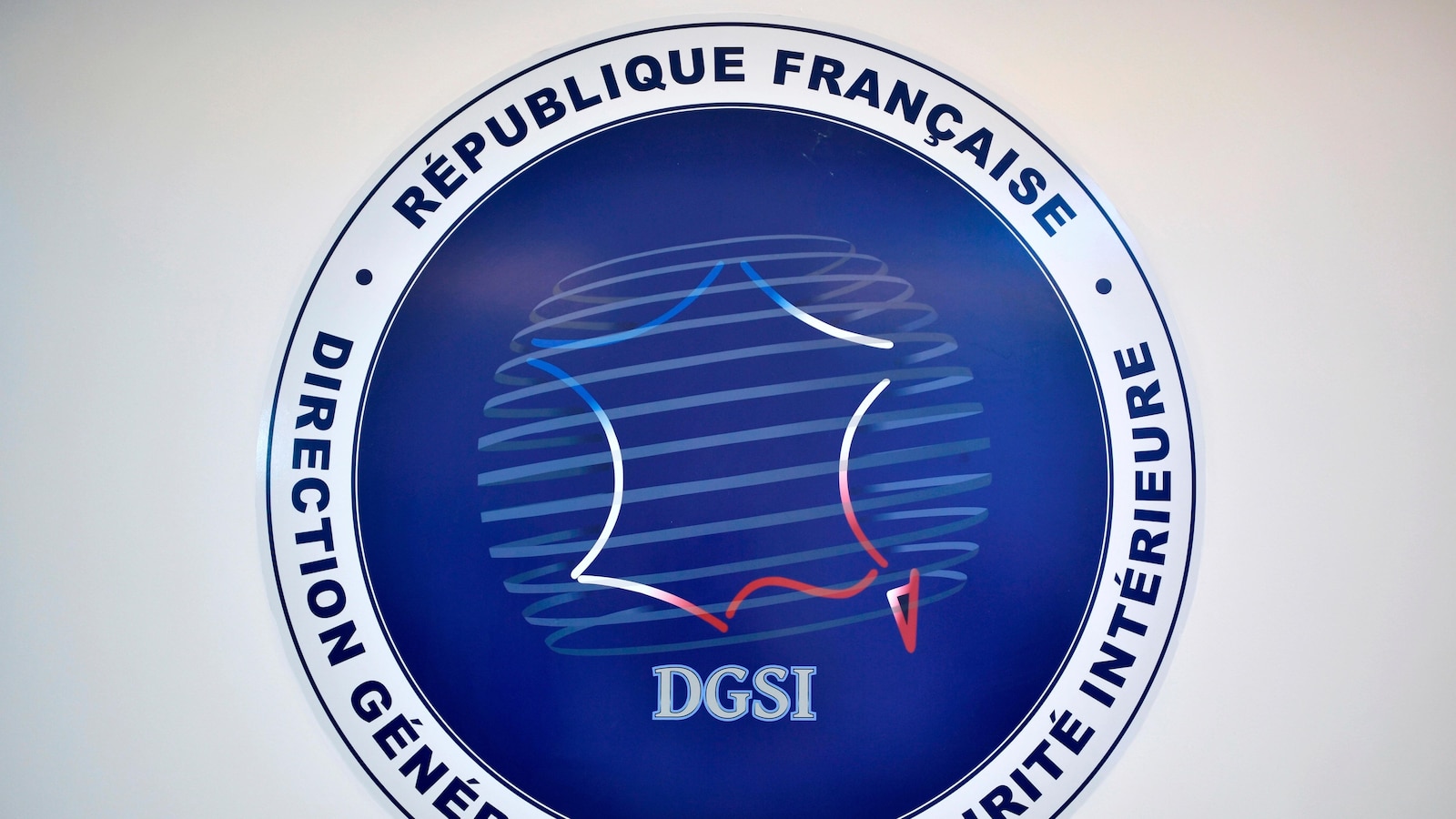**
France Probes 'Foreign Interference' After Remote Control Malware Found on Passenger Ferry
**French authorities are investigating a suspected cyberattack plot targeting an international passenger ferry, according to officials. The probe has sparked concerns about the potential for foreign interference in French shipping operations.
A Latvian crew member is currently in custody facing charges of acting on behalf of an unidentified foreign power, French officials said. Interior Minister Laurent Nunez hinted that Russia may be involved, stating, "At the moment, foreign interference very often comes from the same country." This statement echoes concerns raised by France and its European allies about Russia's alleged use of hybrid warfare tactics, including cyberattacks, sabotage, assassinations, disinformation, and other hostile acts.
The investigation began after Italian authorities shared intelligence with French authorities, suggesting that software used by cybercriminals may have infected computer systems aboard a ferry docked in the French Mediterranean port of Sète. The so-called RAT (Remote Access Trojan) software could potentially allow users to control the ferry's computers remotely, raising concerns about the potential for hijacking or other malicious activities.
According to Interior Minister Nunez, "individuals tried to gain access to a ship's data-processing system." He described the incident as "a very serious affair" and stated that investigators are following a trail of interference from foreign powers. When asked if the suspected intention was to hijack the vessel, he replied, "We don't know."
Police arrested two crew members on Friday - one Latvian and one Bulgarian - who were identified as suspects by Italian authorities. The Bulgarian individual was subsequently released without charge after questioning. The Latvian national remains in custody facing preliminary charges of conspiracy, hacking-related offenses, and acting on behalf of an unnamed foreign power.
Search raids were also carried out in Latvia, and the ferry is now back in operation after undergoing security checks to its computer system. French officials have declined to name the specific ferry involved in the incident.
The investigation into this suspected cyberattack plot highlights concerns about the potential for foreign interference in French shipping operations. As European allies of Ukraine continue to accuse Russia of engaging in hybrid warfare, this incident underscores the need for vigilance and cooperation between international authorities to prevent such incidents.
